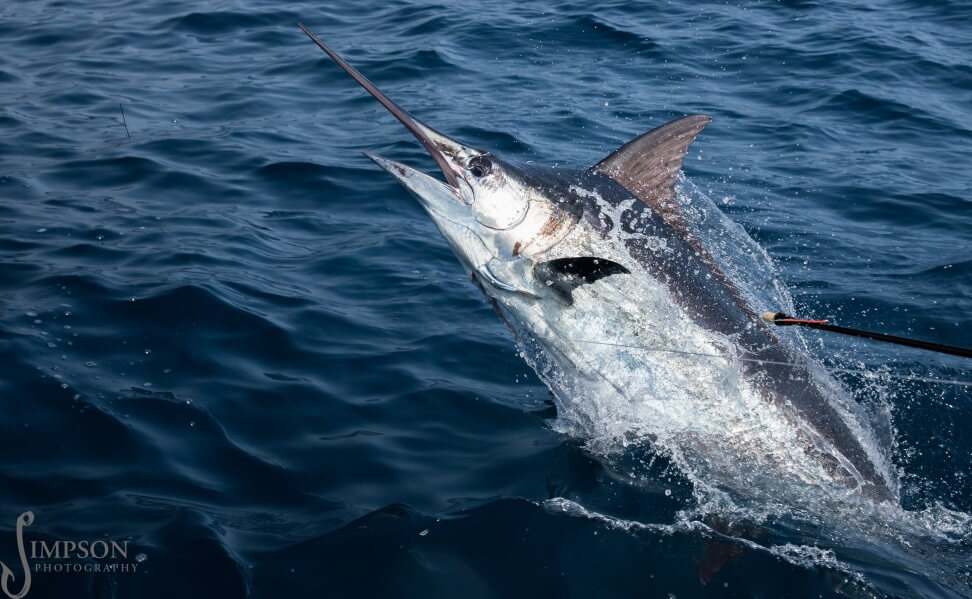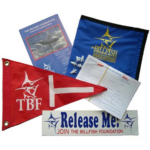International Reductions in Commercial Landing of Atlantic Marlin

The International Commission for the Conservation of Atlantic Tunas (ICCAT) is an international regional fishery management organization for highly migratory species (HMS) in the Atlantic, including billfish, tunas, and some sharks. Two additional, separate organizations for HMS operate in the Pacific Ocean and in the Indian Ocean. These three organizations were established by treaties among member nations, which meet each year to negotiate landing tonnage, as well as other management and conservation measures. They each also gather scientists each year to conduct stock assessments and make recommendations, based on science, to the managing Commission before which national delegations from each member nation and some from observing nations meet. Since the establishment of each of the international regional fishery management organizations, billfish rarely received any attention. That is, until TBF’s persistence continue to raise their profile. Now billfish are on each of the HMS organizations’ agendas, still not receiving the highest priority, but included in the active negotiations.
The 2019 ICCAT negotiations produced one management change for billfish, Recommendation 19-05, which calls for the reduction of commercial landing tonnage of marlin and spearfish from 2,400 tons to 2,023 tons, beginning in 2020. No change was made to the U.S. authorized recreational landings of 250 combined marlin and spearfish, which is a product of ICCAT’s earlier negotiations. Limits for small harvesting nations are 10 tons for blue marlin and 2 tons for white marlin/round-scale spearfish. Other agreed-to measures included an interim reduction in commercial landing of bigeye tuna, an increase in FAD management measures, an increase in required observer coverage on pelagic longline vessels longer than 72 feet from 5% to 10%, and measures to strengthen monitoring, control, and data collection programs within ICCAT.
The Billfish Foundation has and will continue to advocate for billfish conservation and the recreational community at ICCAT and all other regional management councils. To stay up-to-date on all things billfish, become a member, subscribe to our monthly newsletter, and follow us on social media, @TheBillfishFoundation.






